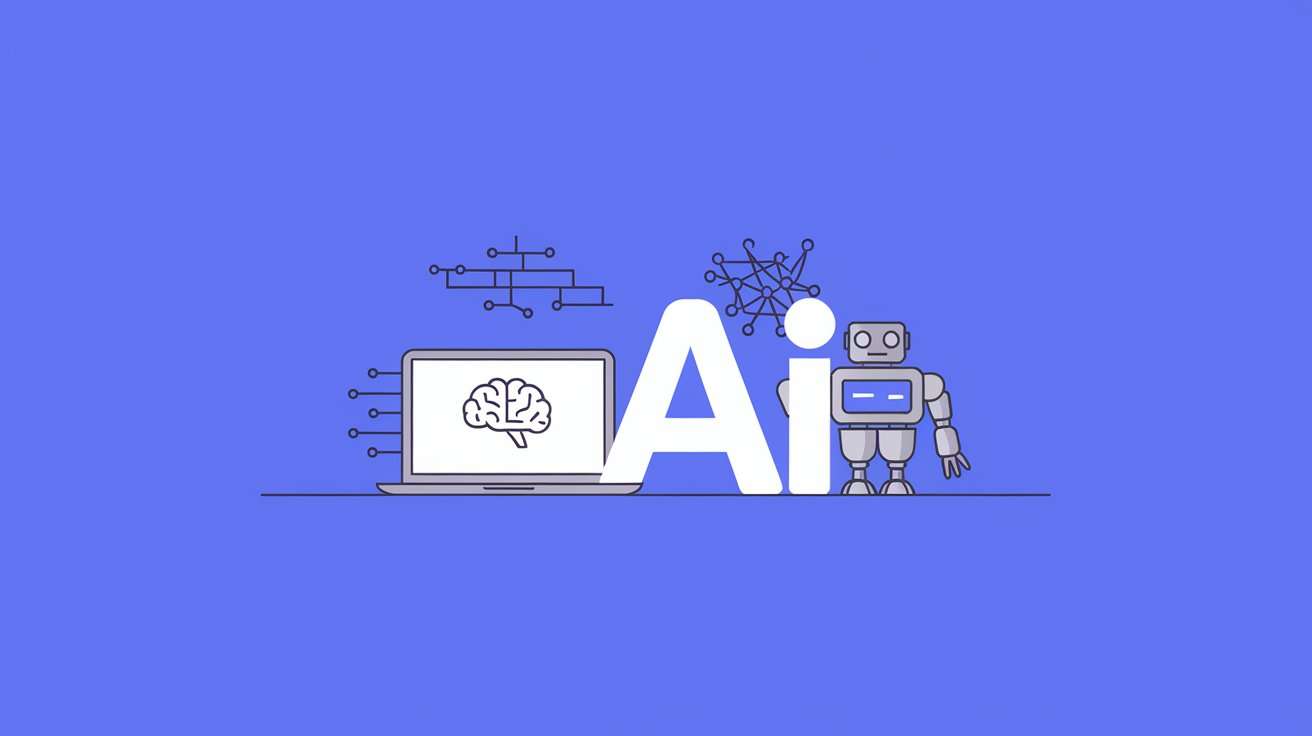The Comprehensive Guide to AI Chatbots 2025
Introduction
In the fast-paced world of business, customer support is a crucial element that can make or break a company’s reputation. AI chatbots for customer support have emerged as one of the most revolutionary tools for enhancing customer service, offering businesses a cost-effective and efficient way to handle inquiries 24/7. As we move into 2025, AI chatbots are no longer a futuristic idea but a present-day reality that many companies are leveraging to streamline their operations.
In this comprehensive guide, we will explore how AI chatbots are revolutionizing customer support, the benefits they bring, the challenges they pose, and how businesses can implement them effectively.
1. What Are AI Chatbots?
AI chatbots are artificial intelligence-powered tools that automate conversations between businesses and customers. These bots use natural language processing (NLP) and machine learning to understand user queries and provide relevant responses, simulating human conversation. AI chatbots can interact with customers via text or voice, offering responses that are tailored to the individual’s needs.
2. How Do AI Chatbots for Customer Support Work?
AI chatbots rely on two core technologies: Natural Language Processing (NLP) and Machine Learning (ML).
- Natural Language Processing: NLP enables chatbots to understand and process human language. It breaks down the text into readable data, interpreting user input and providing accurate responses.
- Machine Learning: Machine learning allows AI chatbots to learn from previous interactions and improve over time. With each interaction, the chatbot gets better at understanding customer inquiries, delivering more precise answers.
3. Benefits of Using AI Chatbots for Customer Support
AI chatbots offer several advantages that can transform the way businesses handle customer service:
- 24/7 Availability: AI chatbots can respond to customer queries round the clock, offering unparalleled convenience. This ensures customers receive timely support, even outside of business hours.
- Cost Efficiency: By automating repetitive tasks, AI chatbots reduce the need for a large customer support team, leading to significant cost savings for businesses.
- Instant Response Time: AI chatbots can respond to customer queries almost instantly, eliminating long waiting times and improving overall customer satisfaction.
- Scalability: AI chatbots can handle a large volume of customer interactions simultaneously, something human agents cannot do. This makes them ideal for handling peak times without compromising the quality of service.
- Consistency: Unlike human agents, AI chatbots provide consistent responses, ensuring all customers receive the same quality of service every time.
4. How AI Chatbots Improve Customer Satisfaction
AI chatbots improve customer satisfaction in several ways:
- Quick Response Time: Long waiting times are a thing of the past. AI chatbots can instantly address customer queries, which significantly boosts customer satisfaction levels.
- Personalized Experience: AI chatbots can offer a personalized experience by leveraging customer data and preferences. For example, they can address customers by their names, recommend products based on previous purchases, and provide tailored responses.
- Efficient Issue Resolution: Chatbots can quickly resolve common issues such as order tracking, billing inquiries, and FAQs. For complex issues, they can seamlessly transfer the customer to a human agent, ensuring no frustration occurs.
5. Types of AI Chatbots Used in Customer Support
- Rule-based Chatbots: These chatbots follow predefined scripts and can only provide responses to a set of known queries. They are most suitable for handling simple, repetitive tasks such as FAQs.
- AI-powered Chatbots: These chatbots use NLP and machine learning to understand a broader range of queries, offering more sophisticated interactions. They can handle complex tasks, learn from previous conversations, and improve over time.
- Hybrid Chatbots: Hybrid chatbots combine the strengths of both rule-based and AI-powered bots. They can handle basic tasks autonomously but can escalate to human agents when necessary.
6. Challenges of Implementing AI Chatbots for Customer Support
While AI chatbots bring tremendous value, businesses must address certain challenges to make the most of them:
- Ensuring Accuracy: AI chatbots must be trained to accurately understand and respond to customer queries. Incorrect or irrelevant answers can frustrate customers and harm the company’s reputation.
- Managing Complex Queries: AI chatbots may struggle with highly complex or sensitive queries. In such cases, a seamless handoff to human agents is essential to ensure customer satisfaction.
- Data Privacy: Handling sensitive customer data through chatbots requires robust security measures. Businesses must comply with data protection regulations such as GDPR to ensure customers’ privacy is maintained.
- Customer Acceptance: Some customers may be hesitant to interact with AI chatbots, preferring human interaction. It’s essential to offer an option to speak to a live agent when necessary.
7. How to Implement AI Chatbots in Your Business
Implementing an AI chatbot for customer support can be broken down into the following steps:
- Identify Use Cases: Determine which customer service tasks can be automated. This could include handling simple inquiries, processing orders, and providing basic technical support.
- Choose the Right AI Chatbot Platform: There are numerous chatbot platforms available, including Dialogflow, Tidio, and LiveChat. Choose the one that best fits your business needs.
- Train the Chatbot: Once the platform is selected, train the chatbot using relevant data. This includes teaching the bot to recognize different ways customers phrase their queries.
- Integrate with Other Tools: Integrate the chatbot with your CRM, ticketing systems, and other customer service tools to streamline your customer support operations.
- Test and Optimize: Continuously monitor the chatbot’s performance and make adjustments as necessary. Ensure that it is providing accurate, helpful, and timely responses.
8. Best AI Chatbot Platforms for Customer Support
There are several AI chatbot platforms that are perfect for customer support:
- Dialogflow: A powerful chatbot tool by Google that uses machine learning and NLP to provide highly interactive chatbot experiences.
- Tidio: A versatile AI chatbot that integrates with multiple messaging platforms and allows businesses to automate customer service across various channels.
- LiveChat: Known for its live chat features, LiveChat also integrates AI to automate responses, improving both speed and efficiency.
- Zendesk Chat: Zendesk offers a robust AI chatbot solution that allows businesses to engage customers in real-time while automating common queries.
- Intercom: Intercom offers an AI-powered chatbot that excels in lead generation and customer support, providing a seamless experience across all customer touchpoints.
Conclusion
AI chatbots for customer support have undoubtedly transformed the way businesses interact with their customers. In 2025, these chatbots will continue to evolve, offering even more sophisticated features that can drive efficiency and satisfaction. By understanding how they work and knowing how to implement them properly, businesses can ensure that they are offering the best possible customer service, 24/7.


Pingback: AI Chatbots for Small Businesses: Transforming Customer Support - Gadget Fixers
Pingback: Top 10 Free AI Chatbots for E-commerce in 2025 - Gadget Fixers
Pingback: Training AI Chatbots: 5 Challenges and How to Overcome Them - Gadget Fixers
Pingback: AI Chatbots vs Voice Assistants: What’s the Difference? - Gadget Fixers
Pingback: How AI Chatbots Increased Sales by 40% for a Startup - Gadget Fixers
Pingback: How Much Does an AI Chatbot Cost? - Gadget Fixers
Pingback: Can AI Chatbots Replace Human Agents? - Gadget Fixers